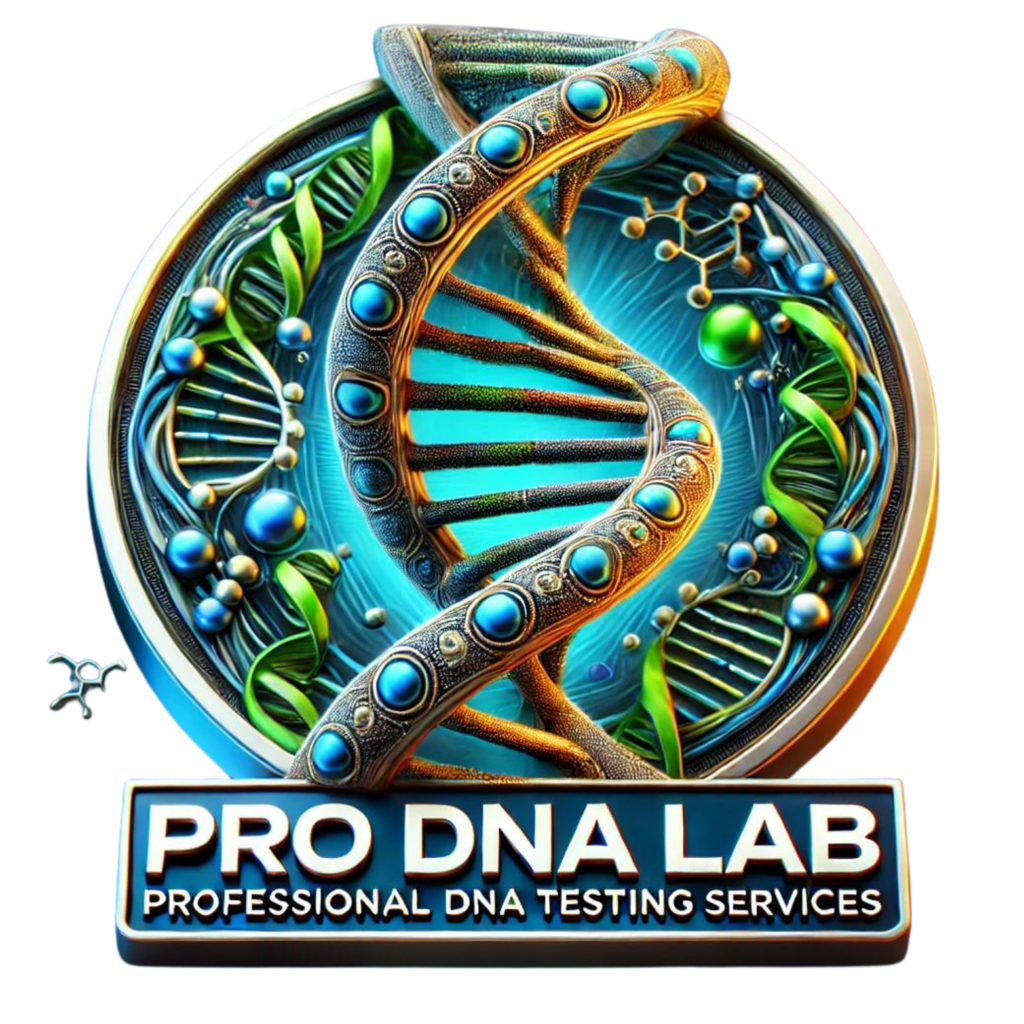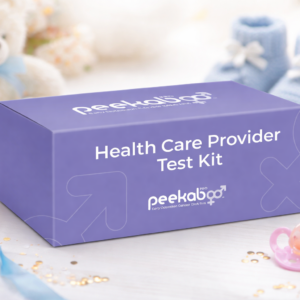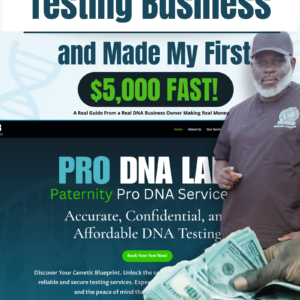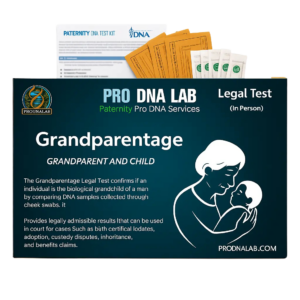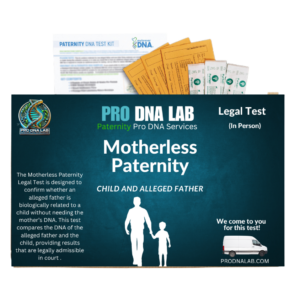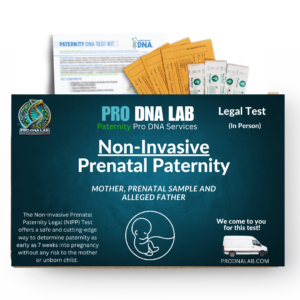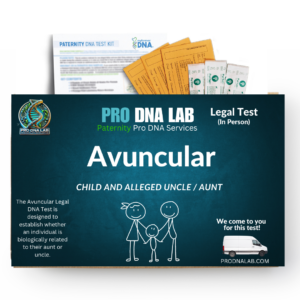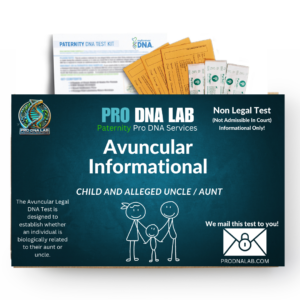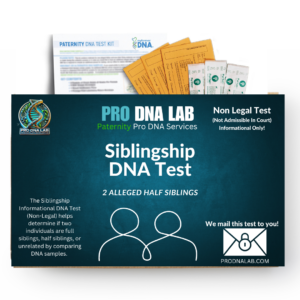Welcome to the exciting world of parenthood! As an expecting parent, you may have already started to think about all the ways you can prepare for your baby’s arrival. From choosing the perfect name to setting up the nursery, there are endless decisions to make. But have you ever wondered if you can do an Ancestry DNA test on your baby?
Can You Do Ancestry DNA on a Baby?
The short answer is no, you cannot do an Ancestry DNA test on a baby. Ancestry DNA testing is currently only available for individuals 18 years and older. This is due to the fact that DNA samples from infants are not as reliable and accurate as those from older individuals.
Why Can’t You Do Ancestry DNA on a Baby?
There are a few reasons why it’s not possible to do an Ancestry DNA test on a baby:
- Insufficient DNA Sample: Ancestry DNA testing requires a certain amount of DNA to accurately determine ancestry. Infants simply do not have enough DNA for accurate results.
- Incomplete Genetic Makeup: A baby’s genetic makeup is constantly changing and developing, making it difficult to determine their ancestry with accuracy.
- Inaccurate Results: Ancestry DNA tests rely on comparing an individual’s DNA to a vast database of DNA samples from different populations. Since infants do not have their own DNA profile, these results would not be accurate.
What About Non-Invasive Prenatal Paternity Testing?
Non-invasive prenatal paternity testing is a type of DNA test that can determine the paternity of a baby while they are still in the womb. This test is done by collecting a DNA sample from the mother and the potential father, and then analyzing the baby’s DNA that is present in the mother’s blood.
Non-invasive prenatal paternity testing can be done as early as 9 weeks into the pregnancy, and is a safe and accurate way to determine paternity without any risk to the baby. However, this type of test is not the same as Ancestry DNA testing and cannot provide information on the baby’s ancestry.
Misconceptions About DNA Testing on Babies
- Myth: “I can just use my own DNA to determine my baby’s ancestry.”
- Fact: While a baby’s DNA is a combination of their parents’ DNA, the results would not accurately reflect their specific ancestry.
- Myth: “If I do the DNA test while pregnant, I can find out the baby’s gender.”
- Fact: Prenatal paternity testing does not determine the baby’s gender.
- Myth: “I can get the same results from a home DNA test kit.”
- Fact: Home DNA test kits are not recommended for prenatal paternity testing as they are not as accurate as tests done in a professional lab.
Why Choose Pro DNA Lab for Prenatal Paternity Testing?
Pro DNA Lab is a trusted and accredited laboratory that specializes in prenatal paternity testing. We understand the importance of this testing for expecting parents and take great care in providing accurate and confidential results.
Our non-invasive prenatal paternity testing can be done as early as 9 weeks into the pregnancy, and results are typically available within 7-10 business days. We also offer legal paternity testing for those who need to establish paternity for legal purposes.
Summary
In summary, you cannot do an Ancestry DNA test on a baby. However, non-invasive prenatal paternity testing is a safe and accurate way to determine paternity while the baby is still in the womb. Keep in mind that this test does not provide information on a baby’s ancestry. It is always best to consult with a professional laboratory, like Pro DNA Lab, for accurate and reliable DNA testing results.
This blog post is for informational purposes only and does not replace professional medical or legal advice.
Ready to Get Answers?
If you’re considering a non-invasive prenatal or legal paternity test, Pro DNA Lab is here to help.
- 📞 Call us at (866) 644-4362
- 🌐 Visit: https://prodnalab.com
- 📧 Email: info@prodnalab.com
Author: Marvin Thomas
Founder of Pro DNA Lab
Marvin leads Pro DNA Lab with a mission to make DNA testing simple, private, and accessible for families who need clarity and peace of mind.


